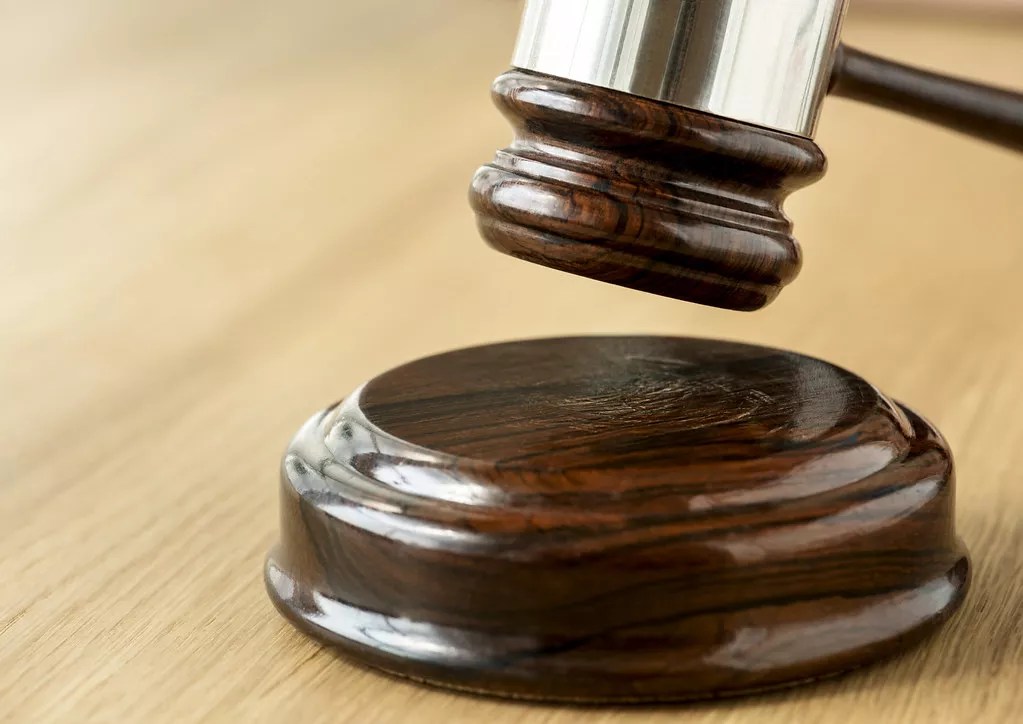

Audio By Carbonatix
Miami officials’ controversial June 26 decision to postpone the 2025 city commission and mayoral elections was unconstitutional, judges in Florida’s Third District Court of Appeal ruled Thursday. Thus, the election is effectively back on track for November.
City Commissioner Damian Pardo led the effort to boost voter participation by changing the election date to match federal midterms. The vote drew backlash from residents concerned that politicians merely sought an extra year of power. It also immediately inspired a lawsuit from mayoral candidate and former city manager Emilio Gonzalez, who argued changing the election date effectively altered the city charter, which can’t be changed without a vote of Miami residents, according to court filings.
A Miami-Dade circuit court agreed with the plaintiff in July, prompting Miami officials to file an appeal that state judges rejected Thursday, saying, “The trial court correctly found the ordinance unconstitutional.”
“We take no quarrel with the city’s ostensibly laudable goals,” judges wrote in the 27-page ruling. “The question before us is not whether the attempted change is good policy, but rather, whether the method used to effectuate that change is constitutionally permissible.”
Judges weren’t fooled by city officials’ attempts to relabel the charter amendment as an ordinance change, writing, “Just as a rose bears thorns regardless of what it is called, so too does this enactment carry binding legal implications. It is, in truth, a charter amendment dressed in lesser clothes – fragrant in title but thorned with consequence.”
Gonzalez, in a statement to New Times, called the ruling a victory for Miami voters, saying, “A corrupt group of politicians tried to cancel your right to vote so they could cling to power. They failed.”
“I served this country for 22 years in the United States Army,” he said in a written statement. “I spent my entire career helping to build and defend democracies around the world – and I will never sit back and watch one be dismantled in my own backyard.”
In a statement to New Times, Pardo congratulated Gonzalez and his legal team before saying he planned to push for changing election dates in the future.
“We remain committed to increasing voter representation and decreasing electoral costs in the City of Miami and plan to introduce legislation to place moving the elections to even years as soon as possible,” he said in a written statement.